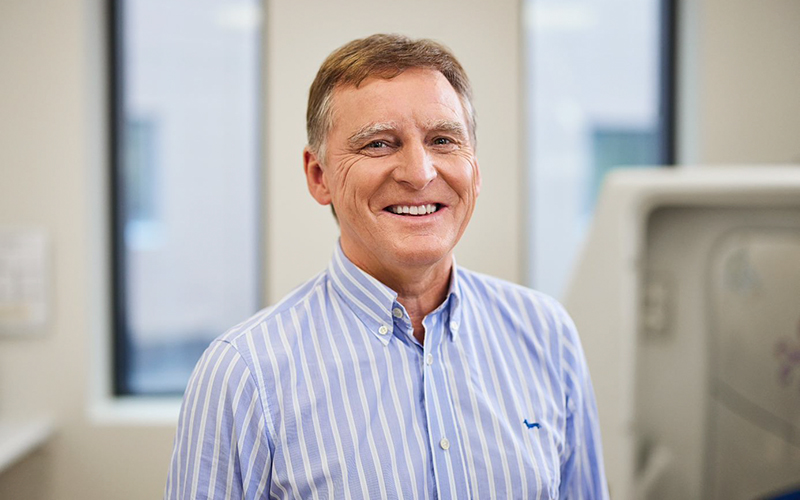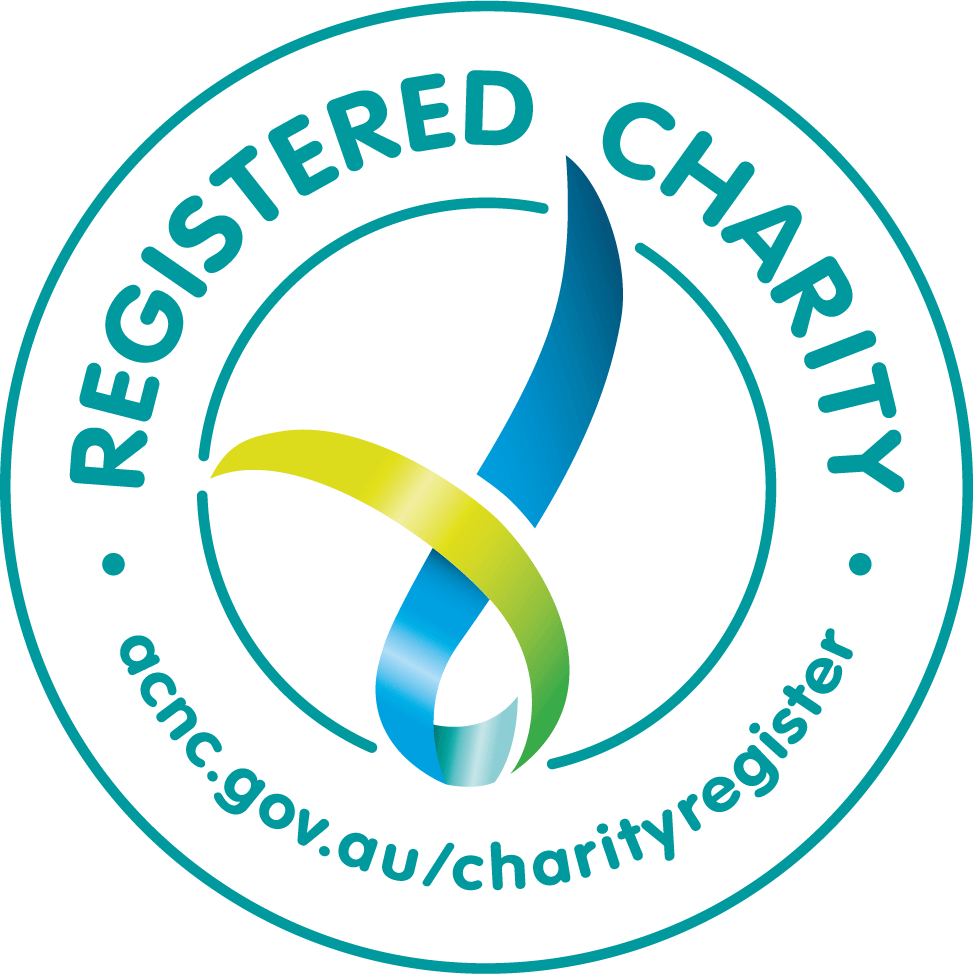STOP2
Early treatment in infants with an mTOR inhibitor that aims to cure Tuberous Sclerosois.
Supported by
Lenity Foundation

Children with Tuberous Sclerosis Complex (TSC) can develop serious and devastating complications. There is a critical window of time to completely change the clinical outcome for these children and prevent these complications developing.
Oral mTOR inhibitors are not currently available for children under the age of two, yet children in this age group with TSC may benefit from it the most. This medication has the potential to reduce the complications of TSC. Without determining whether it works or not, the six children born with TSC in NSW each year and their families are enduring unnecessary suffering.
“So we’re gradually now asking the question: what if we give this medicine at the time when it’s most needed for the brain? But nobody can do a more detailed randomised control trial at the moment because we haven’t got that initial safety data and really that’s what we’re advocating here,“ said Dr David Mowat, Head of the Centre for Clinical Genetics, Co-Lead TSC Clinic.
The STOP2 Study aims to improve the lifetime outcomes of children with TSC by early treatment with mTOR inhibitors that target the underlying genetic pathway restoring its activity at a critical time of brain development. We need to know if this approach can change the lives of children with TSC and avoid needless suffering for these children and their families.
Having had extensive experience in treating children over two years, the STOP2 Study team believe that the safety and efficacy of mTOR inhibitors use in the under two year age group needs to be determined in view of the potential benefits. The team will offer early treatment to all infants identified with TSC over a two-year period, those diagnosed before or soon after birth, and those that present later in infancy with seizures.
“If we can make a child from the destiny of severe non-verbal, multiple seizures to a child who goes to school, who can learn, can interact, communicate and be free of seizures for most of their life, that’s a massive impact on a family, massive. And those things are absolutely realistically achievable with an intervention,” Dr Mowat.
Hear more from DR David Mowat.
Oral mTOR inhibitors are not currently available for children under the age of two, yet children in this age group with TSC may benefit from it the most. This medication has the potential to reduce the complications of TSC. Without determining whether it works or not, the six children born with TSC in NSW each year and their families are enduring unnecessary suffering.
“So we’re gradually now asking the question: what if we give this medicine at the time when it’s most needed for the brain? But nobody can do a more detailed randomised control trial at the moment because we haven’t got that initial safety data and really that’s what we’re advocating here,“ said Dr David Mowat, Head of the Centre for Clinical Genetics, Co-Lead TSC Clinic.
The STOP2 Study aims to improve the lifetime outcomes of children with TSC by early treatment with mTOR inhibitors that target the underlying genetic pathway restoring its activity at a critical time of brain development. We need to know if this approach can change the lives of children with TSC and avoid needless suffering for these children and their families.
Having had extensive experience in treating children over two years, the STOP2 Study team believe that the safety and efficacy of mTOR inhibitors use in the under two year age group needs to be determined in view of the potential benefits. The team will offer early treatment to all infants identified with TSC over a two-year period, those diagnosed before or soon after birth, and those that present later in infancy with seizures.
“If we can make a child from the destiny of severe non-verbal, multiple seizures to a child who goes to school, who can learn, can interact, communicate and be free of seizures for most of their life, that’s a massive impact on a family, massive. And those things are absolutely realistically achievable with an intervention,” Dr Mowat.
Hear more from DR David Mowat.
Funds raised
$693,103
Project team
Sydney Children’s Hospital, Randwick’s (SCH) Tuberous Sclerosis Complex Clinic:
Dr David Mowat, Head of the Centre for Clinical Genetics, Co-Lead TSC Clinic
Dr John Lawson, Paediatric Neurologist and Co-Lead TSC Clinic
Dr Sean Kennedy, Paediatric Nephrologist
Dr Clara Chung, Clinical Geneticist and Researcher
Dr Denise Chan, Paediatric Neurologist
Jacqui Russell, Clinical Nurse Practitioner
Dr Vanessa Sarkozy, Developmental Paediatrician
Dr Antonia Shand, Maternal Fetal Medicine Specialist at the Royal Hospital for Women, Randwick
Dr Stephen Cooper, Fetal and Paediatric Cardiologist
Dr Darcy Krueger, Paediatric Neurologist Cincinnati Children's Hospital, International TSC expert and collaborator
Dr John Lawson, Paediatric Neurologist and Co-Lead TSC Clinic
Dr Sean Kennedy, Paediatric Nephrologist
Dr Clara Chung, Clinical Geneticist and Researcher
Dr Denise Chan, Paediatric Neurologist
Jacqui Russell, Clinical Nurse Practitioner
Dr Vanessa Sarkozy, Developmental Paediatrician
Dr Antonia Shand, Maternal Fetal Medicine Specialist at the Royal Hospital for Women, Randwick
Dr Stephen Cooper, Fetal and Paediatric Cardiologist
Dr Darcy Krueger, Paediatric Neurologist Cincinnati Children's Hospital, International TSC expert and collaborator




